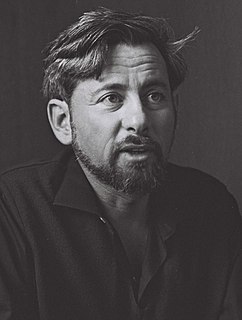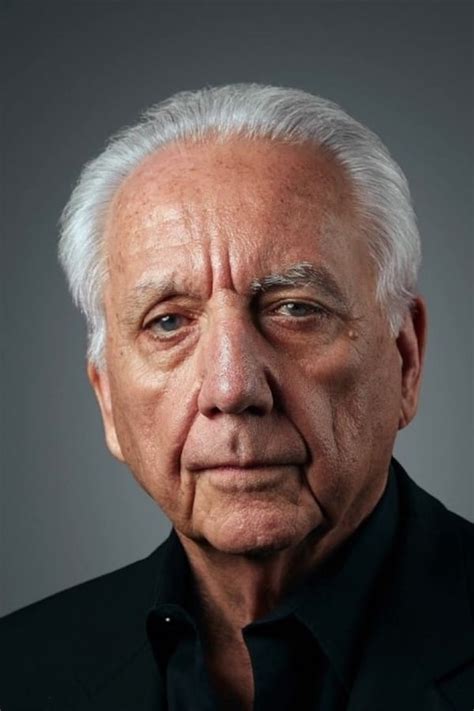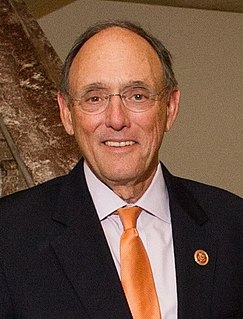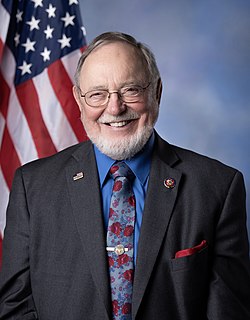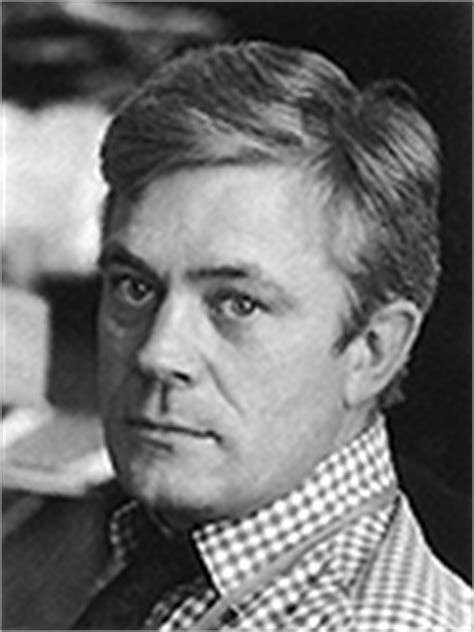A Quote by Mark Kurlansky
One of the things I am most proud of is refusing to serve in the military when drafted during the Vietnam War.
Related Quotes
There are lots of grounds for hope in Israeli society. We are seeing Israelis getting fed up with war, looking for solutions. The youngest soldiers are refusing to serve in the Occupied Territories. Some are volunteering for army combat units but are refusing to serve in the Occupied Territories. We have the elite of the Israeli army, the air force pilots, some of them refusing orders which they consider illegal.
Most of us who were opposed to the war, especially in the early '60's - the war we were opposed to was the war on South Vietnam which destroyed South Vietnam's rural society. The South was devastated. But now anyone who opposed this atrocity is regarded as having defended North Vietnam. And that's part of the effort to present the war as if it were a war between South Vietnam and North Vietnam with the United States helping the South. Of course it's fabrication. But it's "official truth" now.
Yes and no. Because America has only about 1 percent of the population serving in the military, it is hard for many civilians to understand the sacrifices military families make. However, my experience is that after the Vietnam War, the public learned that they should support the military whether or not they support the war. You've seen that outpouring of support for the veterans of both Iraq and Afghanistan.
In every major war we have fought in the 19th and 20th centuries. Americans have been asked to pay higher taxes - and nonessential programs have been cut - to support the military effort. Yet during this Iraq war, taxes have been lowered and domestic spending has climbed. In contrast to World War I, World War II, the Korean War and Vietnam, for most Americans this conflict has entailed no economic sacrifice. The only people really sacrificing for this war are the troops and their families.
The leading, the most respected Vietnam historian, military historian Bernard Fall -he was a hawk incidentally, but he cared for the Vietnamese - he said it wasn't clear to him whether Vietnam could survive as a historical and cultural entity under the most massive attack that any region that size had ever suffered. He was talking about South Vietnam, incidentally.
I think that the war on drugs is domestic Vietnam. And didn't we learn from Vietnam that, at a certain point in the war, we should stop and rethink our strategy, ask ``Why are we here, what are we doing, what's succeeded, what's failed?'' And we ought to do that with the domestic Vietnam, which is the war on drugs.
I am extremely proud of our remarkable men and women who serve in our military, but the reality is that this is a shrinking percentage of the American population. Unfortunately, this has resulted in a growing disconnect between our military and civilian population. At one time, we had participation from nearly every American. Victory gardens, metal collections, saving stamps and bonds-everyone did their part to support our military. We simply don't do that anymore.
For educated Americans like Joseph Ellis, Vietnam is a special hang-up. I am an Englishman of exactly the Vietnam generation, a couple of years younger than Ellis; indeed, for reasons too complicated to explain here, I was nearly drafted into the US army in 1965. I know many Americans of my own age and, as much to the point, my own class - journalists, publishers, lawyers. And I don't think I know one who served in Vietnam.
The dichotomies, the brokenness of the culture around things like the Vietnam war, and then a lot of it has to do with war and where we put our energy and money and attention. And the military industrial complex, which dominates our whole economy. Even with the vision of democracy in other places we know the dark side.

